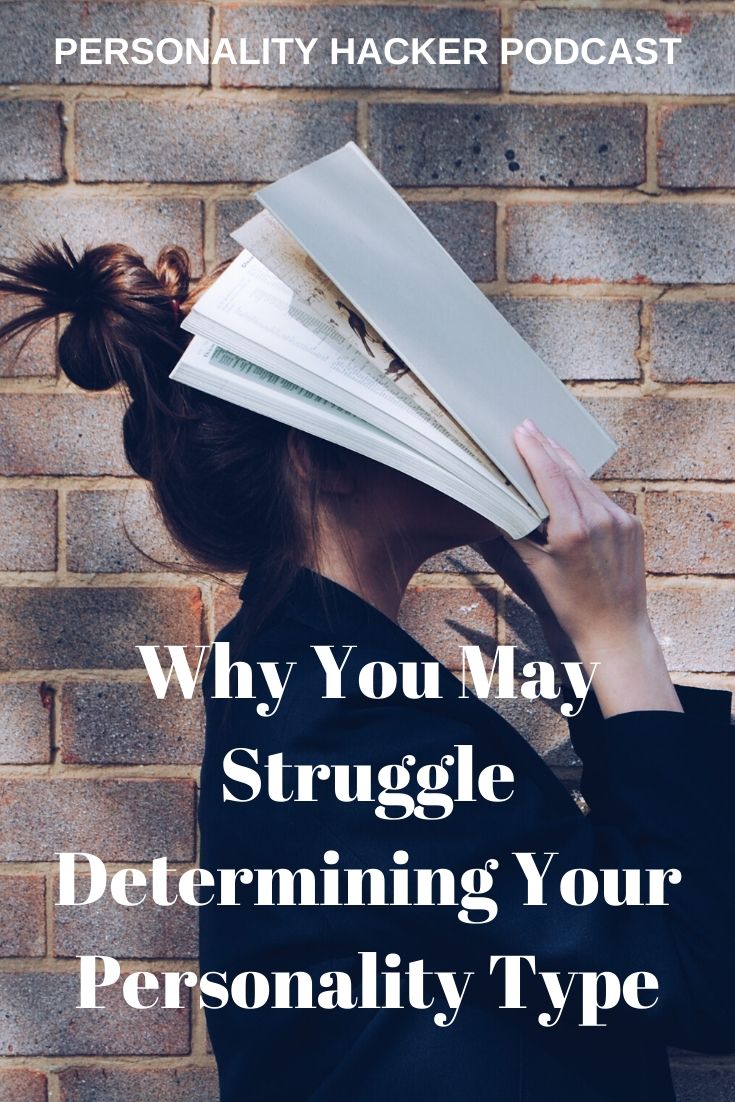Download Episode Here – right click link and select “Save Link As…”
In this episode, Joel and Antonia talk about the reasons you may struggle with finding your best fit personality type.
If you want support in figuring out your best fit type – we have professional profilers that can work with you to discover how your mind is wired.
Find out more about Personality Type Consultations here.
In this podcast you’ll find:
- Why people end up struggling to figure out their type, sometimes for years.
- Struggling to determine your type vs being mistyped.
- Discuss possible reasons someone may struggle to land on a best fit type.
- #1 Reason: Partial or Incomplete understanding of the system.
- We all have all parts, but which one supports the other.
- Early Attachment without re-evaluation as you gained more knowledge.
- Common type biases in typology communities.
- A question to ask yourself around attachment.
- #2 Reason: Elements of the system that can complicate the typing process.
- The presence of Authenticity (Introverted Feeling).
- The presence of Perspectives (Introverted Intuition).
- When an entire polarity ‘looks like’ another function.
- Solution: the strategy of ‘low-hanging’ fruits.
- #3 Reason: Oversimplifying prototypes in your life.
- “I am not anything like …”
- “That type is so cool!”
- #4 Reason: Over-importance of identifying your best-fit type.
- 2 patterns of why your brain may be resisting finding clarity on your best-fit type.
- What to do about them.
- #5 Reason: Cultural and Social Expectations.
- Where do you end and others begin?
- Suggested practice: creating a family tree (can apply to congregation, institution, demographic).
- #6 Reason: Levels of Growth.
- Map your developmental narrative against potential best-fit types.
- Example: the growth narrative of INxPs vs INxJs.
- Hang in there… and why this struggle can be a powerful thing.
To subscribe to the podcast, please use the links below:
Subscribe with iTunes
Non-iTunes Link
Soundcloud
Stitcher
Google Play
Spotify
Radio Public
PlayerFM
Listen Notes
If you like the podcast and want to help us out in return, please leave an honest rating and review on iTunes by clicking here. It will help the show and its ranking in iTunes immensely! We would be eternally grateful!
Want to learn more?
Discover Your Personal Genius
We want to hear from you. Leave your comments below…


Share:
Podcast - Episode 0335 - Does Your Personality Type Change Over Time (with Dr. Dario Nardi)
Podcast - Episode 0337 - The Shared Myths Of Sapiens
11 comments
I like the idea that Joel and Antonia have suggested in another podcast (atleast I think they did?) – that an accurate description of someone’s best-fit type should feel very natural and explanatory for them (i.e. the best-fit type description should feel like a description of oneself), even if they have tested as another type. I know which personality type feels most natural to me based on it’s description, and I usually (but not always) test as this type.
When it comes to helping others identify their type, I’m not skilled enough to type another person just by knowing or talking to them. I can guess, and while this can be fun at times, I’m not completely confident in my accuracy. But I did have an interesting experience personality typing my family recently:
Every year over the winter holiday, I visit my family and create a game for them to play in order to distribute gifts. This recent year, I had each family member take a personality test and report their results to me but no one else. I found a dozen or so stereotypical examples of each personality type from the experts and armchair-experts on Google. Think of silly examples like ‘Which Game of Thrones character are you, based on MBTI?’. And then each family member had to guess which MBTI example was the correct fit for each other member, including themselves, based on the type they tested as.
Over the course of this game, most of the family members seemed to fit with the examples presented by their personality types to some degree. As we played the game and matched individuals with the dozen stereotypical examples, we could identify some members that seemed to fit their tested type description very well, some that fit reasonably, and only one that (much to the humor of the group) didn’t seem to be a fit at all.
That said, I understand that identifying one’s own personality type will be easier for some than for others, and this method of analyzing type descriptions and examples may not be sufficient for everyone.